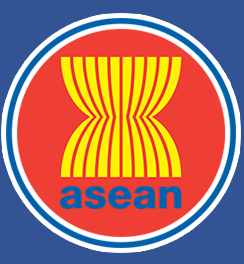ASEAN Journal on Science and Technology for Development
Abstract
The ecological health of port environments, which are dynamic and hotspots of anthropogenic activities, can be analyzed using specific pathogenic bacteria as they provide definite evidence and source of pollution. The influence of seasons and environmental settings on total bacterial count (TBC), distribution of fecal indicators, and Vibrio spp. was explored in Visakhapatnam port, located along the east coast of India. South-west monsoon had a significant influence on TBC, fecal indicators, and Vibrio spp., and the abundance was influenced by the eutrophic environment in the inner harbour. Fecal indicators were one order higher in sub-surface water when compared with sediment, indicating their inoculation due to turbulent conditions in south-west monsoon. The abundance of V. cholerae was influenced by salinity, temperature, and SPM, and was positively correlated to plankton; relating their distribution with disease dynamics and ecosystem functioning is a step ahead. Such an assessment is important from the perspective of human health and marine bioinvasion.
Publication Date
12-25-2020
Recommended Citation
Lidita, Khandeparker; V., Desai Dattesh; Shivram, Sawant Subhash; Venkat, Krishnamurthy; and Arga, Chandrashekar Anil
(2020)
"Spatio-temporal Variations in Bacterial Abundance with an Emphasis on Fecal Indicator Bacteria and Vibrio spp. in and around Visakhapatnam Port, East Coast of India,"
ASEAN Journal on Science and Technology for Development: Vol. 37:
No.
3, Article 2.
DOI: https://doi.org/10.29037/ajstd.619
Available at:
https://ajstd.ubd.edu.bn/journal/vol37/iss3/2

